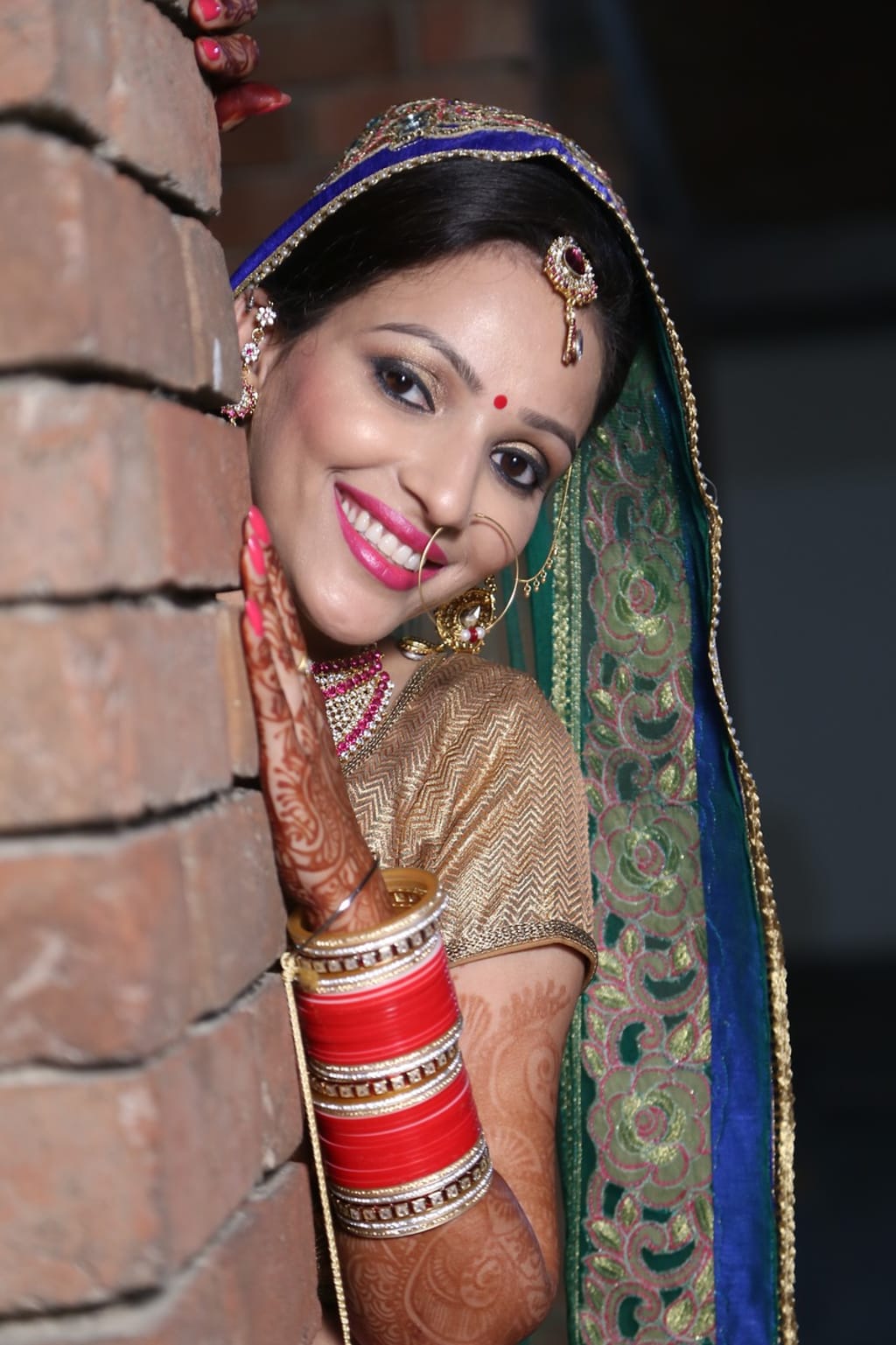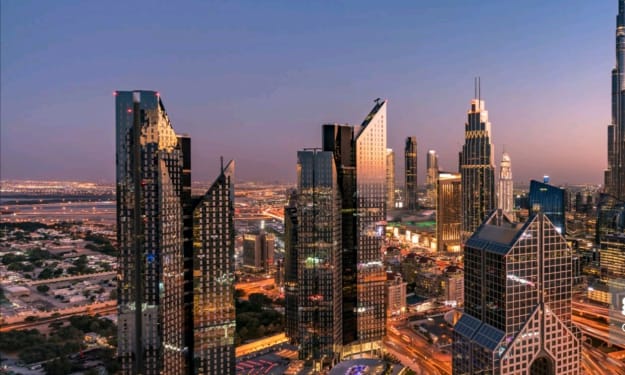Body Tattoos Versus Indian Beliefs
Body Tattoos

Body Tattoos Versus Indian Beliefs
It is believed that the tattoo existed for thousands of years. They were used to identify prisoners, servants, and slaves. Tattoos were also used as markings in the event of an unexpected situation. This allows you to quickly identify people in critical situations. On the other hand, some believers, especially women, got tattoos done to make themselves ugly, and less attractive to avoid being sexually assaulted by men. Others see it as evidence of marital status. Many religions, however, oppose the creation of tattoos, because they believe that humans are perfectly created and should not be changed. But tattoos buried in religion and belief are part of other local cultures around the world. India is no exception. The word "tattoo" comes from the Polynesian word "Tatau."
In India, almost every woman has a piercing (especially on the nose, but without a tattoo). Perhaps beliefs and faiths have dominated their mindset about the tattoo trend. If someone has a tattoo, he may be from a community that is not interested in the upper class or cultural beliefs. For the men, because tattoos are against their religious beliefs, they often do it in a subtle way. There are obviously no overt faces or sparkling tattoos. India’s beliefs are very strong, and respected by the people. Meanwhile, the Indian generation, born in the mid-1990s or early 1980s to the early 2000s, do religious and spiritual tattoos when local culture refuses them. Mumbai, the capital of India, has modern types of tattoos, which are very common among young people.
There are traditions of female tattoos elsewhere in India. Women of the Baiga tribe of Madhya Pradesh (in the northern Indian state) are gradually abandoning traditional tattoos, which are displayed as identifiers on their legs and faces between 10-12 years. Known as Godna, this is a part of their culture, and these tattoos prepare them for official recognition of life after birth and death. It acts as a symbol of identity, and whenever you die, you can be spiritually traced to your ancestors by a tattoo. Day and night, most Indians are turning away from these traditions. With modernity and development inherent in traditional practice, people travel far to get their favorite professional tattoo signatures.
The dramatic change from a social point of view is caused by many factors. Exposure to digital social networking platforms, tattoo festivals celebrated around the world, and several other variables are some reasons. It is even amazing to know that there is even an annual festival in Cambodia where tattoo enthusiasts attend a spiritual party in celebration of their tattoos at a suburb called Wat Bang Phra. Some groups also believe that tattoos are made to satisfy the souls.
It seems that spiritual tattoo groups have sprung up, especially the mystical traditions of the West and the East. They consider this a special ritual when they shout out mantras, pray, and meditate. At the same time, groups of other people see tattoos in their usual artistic form, and do not believe in magical healing, or spiritual means of development. The average age of Indian tattooists is 24 years–an age by which most of them are mature and financially reliable. It is very obvious that when considering going for job hunting, you need to think of the do's and don'ts of the said company.
Most institutions, particularly the Indian Army do not entertain tattoos. This is applicable not only in India but most parts of the world. So my question is–what if the applicant beyond all doubts, is qualified to fill the position? Well, that is another topic for another time. Tattoos cannot be underestimated when it comes to cultural views and beliefs. They have nothing to do with behavior. Someone may not have it, but his general attitude is very bad and vice versa. In recent years, educated masses including the affluent Indians in cities have begun inking body tattoos. They have the body decorations with great inspirations from both Bollywood and Hollywood stars, and not forgetting global rock musicians.
The International Society of Plastic Surgeons (ISPS) released the list of countries for tattoo removal procedures in 2016, and India topped with 22,860 tattoo removals. Per records, more than 24 percent of tattoo inkers regret the decision, and go for removal. Always remember to draw the line between good tattoos and permanent disasters.
About the Author
Osei Agyemang is a passionate and creative content writer/editor who is an expert in writing interesting and innovative contents. Osei is also an addicted travel enthusiast who likes to visit and tell the stories of interesting places around the world. He is an award winning National Artist who studied Psychology, Journalism, and Global English Language at University of Strathclyde, and the University of Glasgow respectively.
Email: [email protected]
About the Creator
Osei Agyemang
https://www.oseiagyemang.com:
A passionate writer who creates exciting and innovative contents. Osei Agyemang is also a tourism fan who loves to travel around the world. He has studied Psychology and Journalism.






Comments
There are no comments for this story
Be the first to respond and start the conversation.